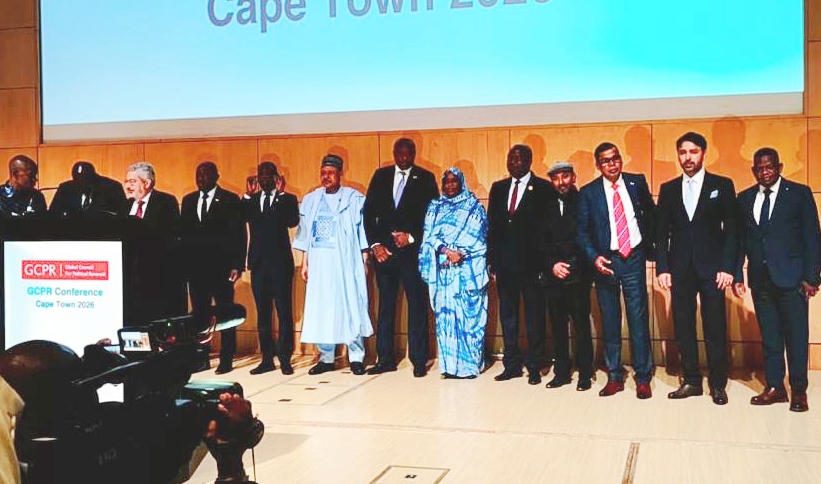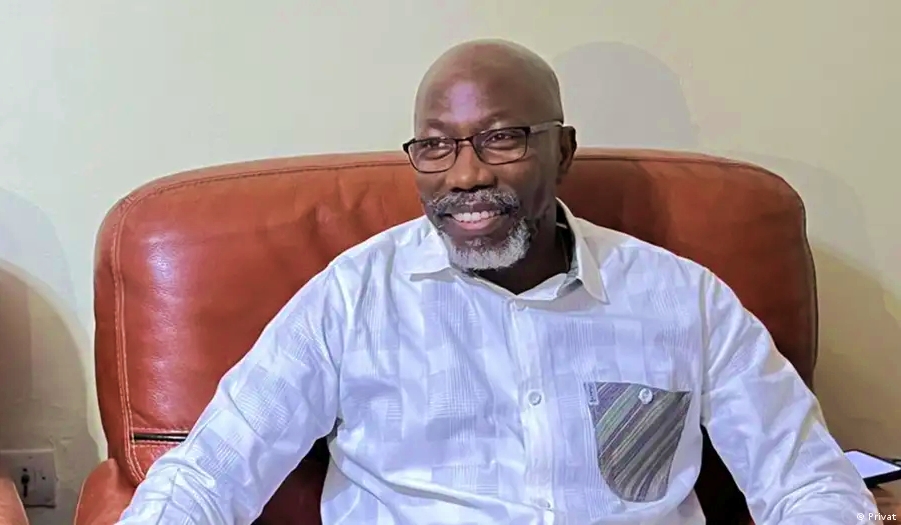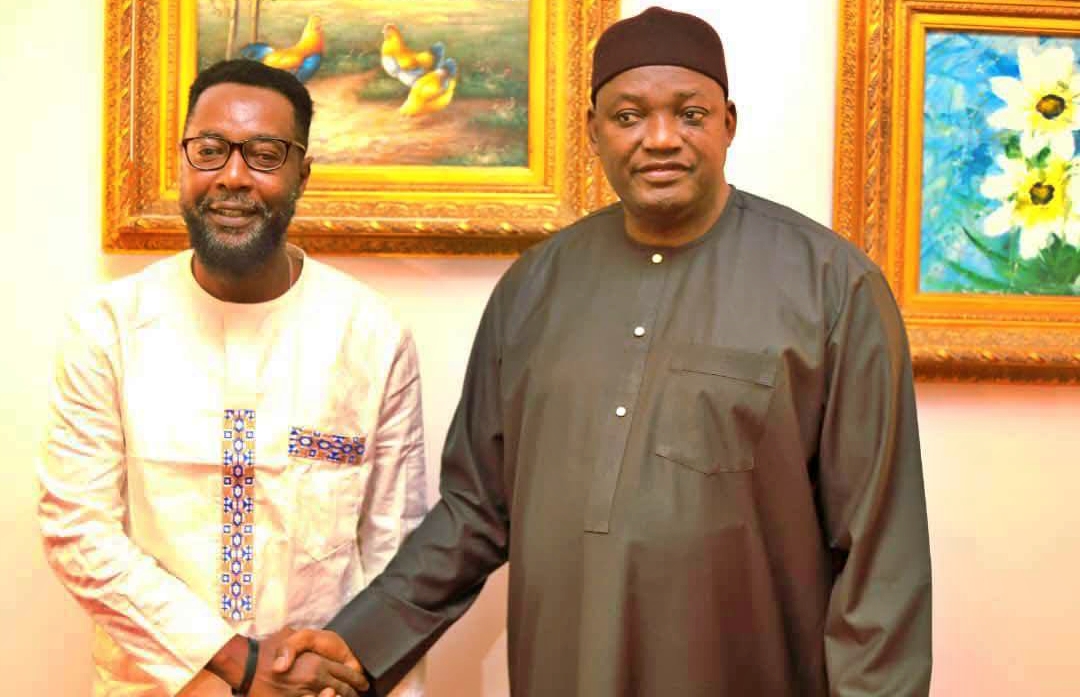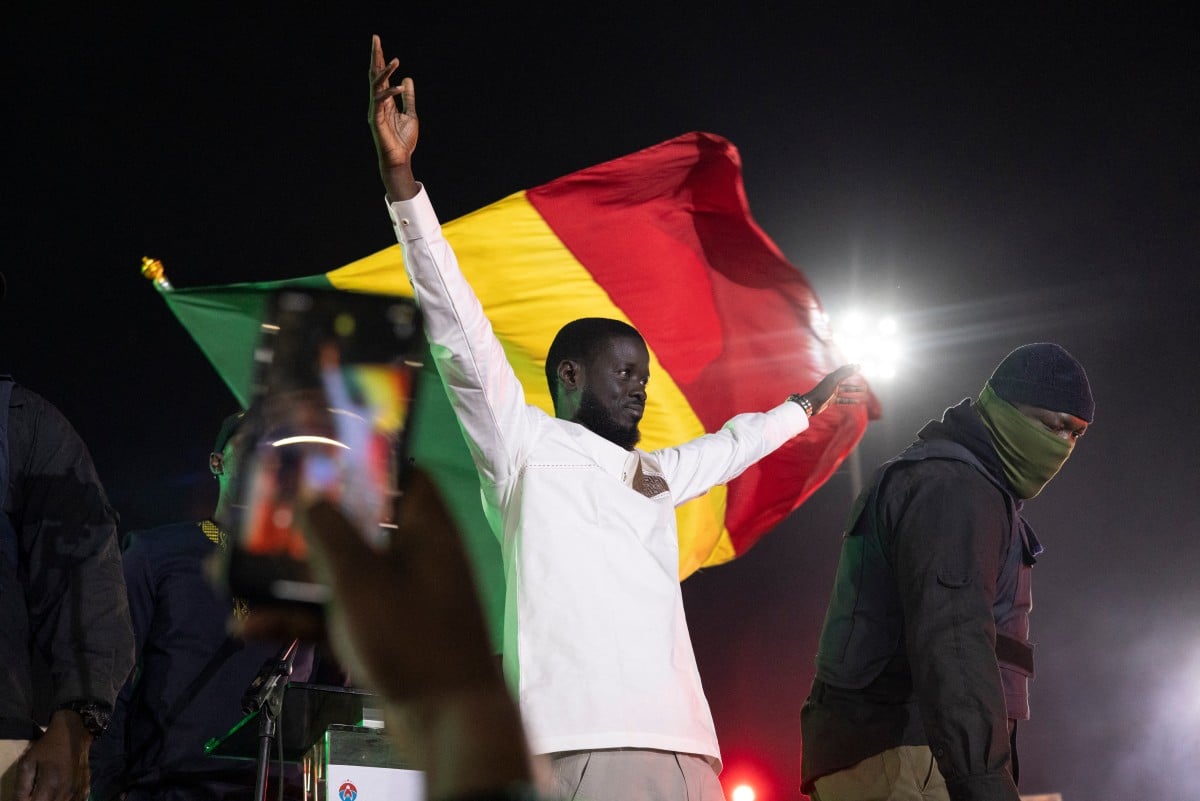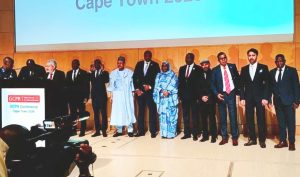The Senegalese presidential election of February 24, 2024, is shaping up to be a decisive moment in the country’s political history, with preliminary results indicating a potential victory for Bassirou Diomaye Faye in the first round. According to information gathered by SenePlus from non-partisan and reliable sources, Diomaye Faye is said to have won the presidency with approximately 53% of the votes, with a margin of error slightly above 1%.
Other sources corroborate Diomaye Faye’s winning trend, although the figures vary slightly. Alphonse Diombo Thiakane, a renowned statistician working for Rfm, presented even more favorable data for Faye, placing him at 57.4% of the votes. These detailed results also show the breakdown of votes for other candidates, with Amadou Bâ at 31.9%, Khalifa Sall at 3.8%, Aliou Mamadou Dia at 2.5%, and other candidates receiving smaller shares of the total votes.
The progression of trends throughout the election evening is noteworthy. The 9 p.m. figures presented by Thiakane had already highlighted Diomaye Faye’s strong lead at 56.13%, with Amadou Bâ at 31.4% and other candidates such as Khalifa Sall, Aliou Mamadou Dia, and Idrissa Seck sharing the remaining votes. This evolution of percentages up to midnight indicates a continuous strengthening of Faye’s position.
If confirmed, these preliminary results would mark a significant victory for Bassirou Diomaye Faye and could signal a turning point in Senegalese politics. A first-round victory with such a clear majority would demonstrate strong popular support for Diomaye Faye and his program, potentially reflecting aspirations for change within the electorate.
However, caution is warranted until the official announcement of results by the relevant authorities. The transparency of the electoral process and the reliability of the results are crucial for the election’s legitimacy and Senegal’s political stability.
The implications of a Diomaye Faye victory would be extensive, both domestically and internationally. Domestically, it could mean the implementation of new policies and approaches to economic development, governance, and social policy. On the international stage, a new administration could also realign some of Senegal’s diplomatic and economic priorities.
As Senegal awaits the official announcement of results, the 2024 presidential election will undoubtedly remain a subject of analysis and discussion in the days and weeks to come, offering valuable insights into the evolution of democracy and political dynamics in the country.




